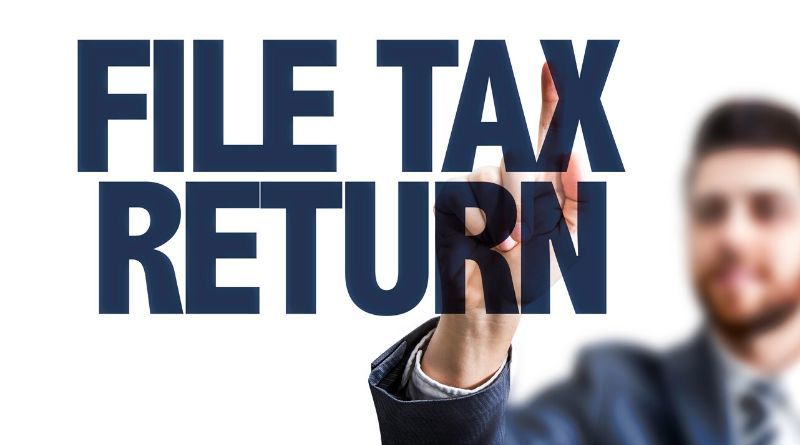Global Tax Evasion Clampdown
With the automatic sharing of financial information between countries set to begin in 2017, the OECD has issued three reports to outline the framework of the new global transparency rules in relation to the clampdown on offshore tax evasion.
The Common Reporting Standard will require countries to automatically share information about bank accounts and assets held offshore by individuals as they begin working together to clampdown on global tax evasion.
Common Reporting Standard
Following the US introducing the 2010 Foreign Account Tax Compliance Act (FATCA) amidst tax evasion scandals, governments, with the support of the OECD, signed an agreement to share details of bank accounts held by individuals in their jurisdictions.
In total 93 countries have signed the agreement with 51 of those officially implementing the new exchanges of information and transparency rules in 2017.
The OECD recently announced that as a result of the new Common Reporting Standard and the decision by many countries to close their voluntary disclosure facilities early, that now was the “last window of opportunity” for individuals to disclose unpaid tax.
The UK, for example, announced that its various voluntary disclosure facilities would close at the end of 2015 rather than in Spring 2016. It is thought that there the alternative will be one common disclosure facility for all.
Offshore Tax Evasion
As the OECD’s Common Reporting Standard draws closer to its implementation, it has published three reports that outline how the framework will work in practice:
The Common Reporting Standard Handbook– will offer practical guidance to assist countries in the implementation of the standard.
The Offshore Voluntary Disclosure Programmes– will provide guidance and experience to officials.
The Model Protocol to the Tax Information Exchange Agreements– will cover the basis for exchanging information between jurisdictions.
For those with bank accounts and assets held offshore, the time to come forward to make a voluntary disclosure of unpaid tax is now.
The HMRC voluntary disclosure facilities which are currently available can offer reduced penalties and in some cases, immunity from criminal prosecution.
To discuss your offshore tax affairs with one of our experienced tax disclosures professionals in complete confidence, call us on 0113 387 5670 or fill out an Enquiry Form and we will contact you straight away.


